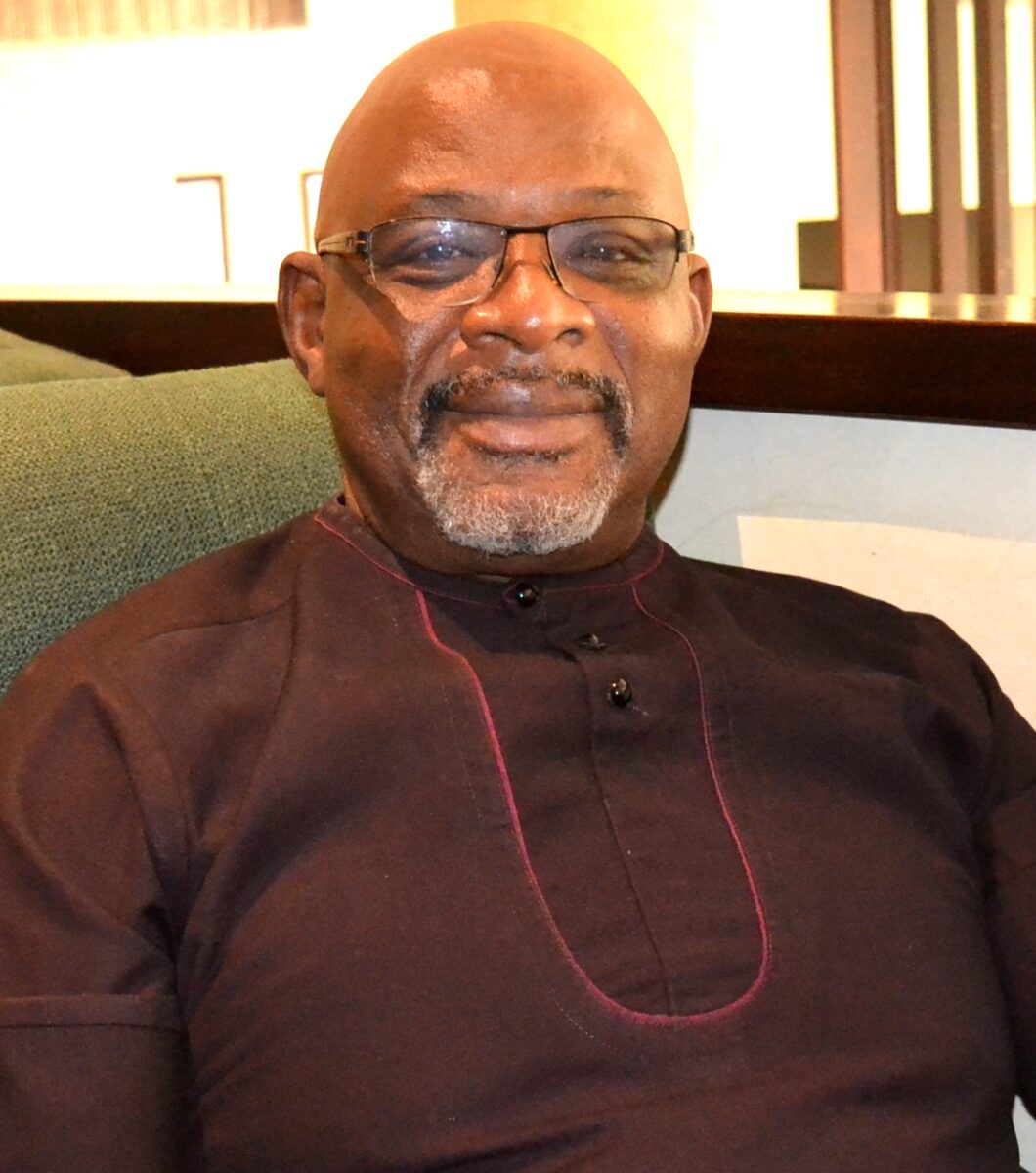
A former Director General of the Nigerian Maritime Administration and Safety Agency (NIMASA); Mr Temisan Omatseye, has lashed out at the agency over its management of the Cabotage Vessel Financing Fund (CVFF), describing the situation as a disservice to indigenous shipowners and the maritime sector at large.
Speaking at the African Shipowners Association Nigeria (ASA-NG) one-year scorecard presentation last week in Lagos, Omatseye revealed a startling truth about the fund’s inadequacy. Despite being collected in dollars over the years, the CVFF, he said, cannot buy even a single vessel today, leaving Nigerian shipowners unable to compete.
“The CVFF is collected in dollars, but today, it cannot even buy one vessel,” he declared. “This fund was supposed to support indigenous shipowners in acquiring vessels, but what have we achieved? Nothing tangible. It’s a major setback for Nigeria’s maritime industry.”
Omatseye highlighted the significance of the CVFF in actualizing the Cabotage Act’s goal of empowering local operators to dominate coastal and inland shipping. However, he lamented that the fund has failed to fulfill its purpose, due to years of mismanagement and neglect.
“Shipowners are struggling while a fund that was created to uplift them lies dormant,” he stated. “This is why foreign operators continue to dominate our maritime space. If Nigerian shipowners had access to this fund as intended, the landscape would be entirely different” he argued.
The Cabotage Act, which mandates that the CVFF be used to support Nigerian operators in vessel acquisition, remains largely unenforced. Industry observers have long accused NIMASA of failing to make the fund accessible to those who need it most.
Speaking earlier, the President of (ASA-NG), Captain Ladi Olubowale, had expressed frustration over the continued neglect of indigenous shipowners, despite the association’s relentless advocacy efforts over the past year.
Captain Olubowale highlighted the association’s achievements, including policy engagements with government agencies, capacity-building initiatives, and a ship ownership campaign aimed at empowering local stakeholders. However, he acknowledged that systemic issues continue to hinder the growth of Nigeria’s maritime sector.
“Our advocacy has led to some notable wins, but the challenges facing indigenous shipowners remain daunting,” Olubowale stated. “We’ve engaged with key stakeholders, launched campaigns, and pushed for reforms, but the neglect of local shipowners persists. This must change if Nigeria is to achieve its maritime potential.”
The ASA-NG president listed several milestones, including partnerships with coastal states and financial institutions to promote ship ownership and the submission of a maritime strategy to the Ministry of Marine and Blue Economy. He also cited the association’s involvement in major maritime events across Africa and beyond, which aimed to position Nigerian shipping on the global map.
Despite these efforts, Olubowale acknowledged the sector’s stagnation. He emphasized the urgent need for practical reforms, such as full implementation of the Cabotage Act and the development of a supportive financial framework to help indigenous shipowners acquire vessels and compete globally.
“The success of our shipping industry depends on empowering local players,” he said. “Without addressing these systemic issues, Nigeria will continue to lose out on the economic opportunities that a thriving maritime sector can bring.”
Looking ahead, Captain Olubowale announced ASA-NG’s plans to expand its membership base, strengthen advocacy for indigenous shipping, and leverage technology to drive innovation. However, he stressed that achieving these goals will require more than just advocacy and that it demands a commitment from both government and industry players to prioritize indigenous participation.
“ASA-NG will not relent in its efforts, but we cannot do it alone. It’s time for the government and private sector to step-up and work together to ensure that indigenous shipowners are not just surviving,g but thriving,” Olubowale concluded.















